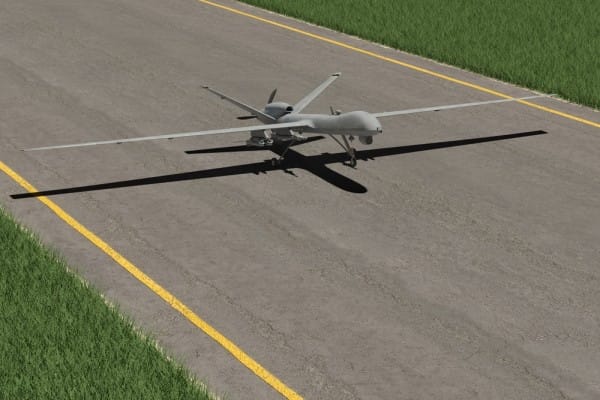5 Reasons Why U.S. is Not Ready for Domestic Drone Use


Credit: "Military drone starting from the runway"/ Shutterstock.com
Unmanned Aerial Vehicles (UAVs) -- more commonly known as drones -- are a topic of contention in the United States. Despite the numerous benefits that could come from the commercial use of drones, many concerns have been raised over this new technology, especially in regards to privacy rights. Here are 5 reasons why the U.S. is not ready for the domestic use drones.
1) Risk of Abuse
While the U.S. military commonly uses drones for operations abroad, the focus of domestic use has been on how law enforcement will use the technology. Many citizens have concerns over the potential abuse it could allow.
Compared to the current available methods of aerial surveillance, drones, by their size, cost, advanced technology, and unmanned nature, would allow surveillance to be conducted to a much broader extent. Drones awake the fear that a big brother society would become reality.
2) Privacy Concerns
The impact of drones on privacy rights is not limited to government action. With UAV technology becoming largely accessible, the violation of privacy by any individual is within reach. Most, if not all, drones are equipped with surveillance equipment, allowing everybody's inner voyeurism to flourish.
Like the risk of abuse by the government, breach of privacy is not a new issue, but the drone technology challenges it to a greater extent.
3) Public Safety
Drones could present a danger to public safety for a number of reasons. If the estimate are correct, thousands of drones could populate the U.S. airspace in the coming years, which means thousands of small objects that have the potential of colliding into other aerial vehicles, buildings, etc.
Drones could not only present a high risk for accidents, they could also easily be misused for malicious purposes. If pressure cookers can be used to create a bomb, it is easy to imagine the potential destructive uses of drones.
4) A Lack of Legal Framework
As often with new technologies, there is currently no legal framework surrounding the domestic use of drones for law enforcement or civilian purposes. The use of drones by law enforcement raises issues in regards to the protection of the Fourth Amendment and courts might not be able to offer the necessary safeguards.
For example, it took 40 years for the courts to guarantee Fourth Amendment protection against telephone surveillance.
States have been taking steps to regulate this area. Virginia has already passed a moratorium of the use of drones by state and local law enforcement agencies. California is considering a number of bills that would regulate this new technology.
However, with the lack of data on what the integration of drones in the national airspace would look like, it is likely to lead to inadequate legislation.
5) Public Perception of Drones
One of the best arguments against the domestic use of drones now is the current public perception of the issue. In a time when the confidence of the American people in their government is low, the future domestic use of drones has attracted opposition from all sides of the political arena.
The privacy concerns raised by drones are not so much linked to the reality of the threat -- the lack of online privacy today is of similar importance -- than to the image associated with drones. They represent targeted killings and the threat of big brother government. As long as drones are defined as such, the U.S. will not be able to have a meaningful debate on the issue and pass the meaningful regulations that are needed.



